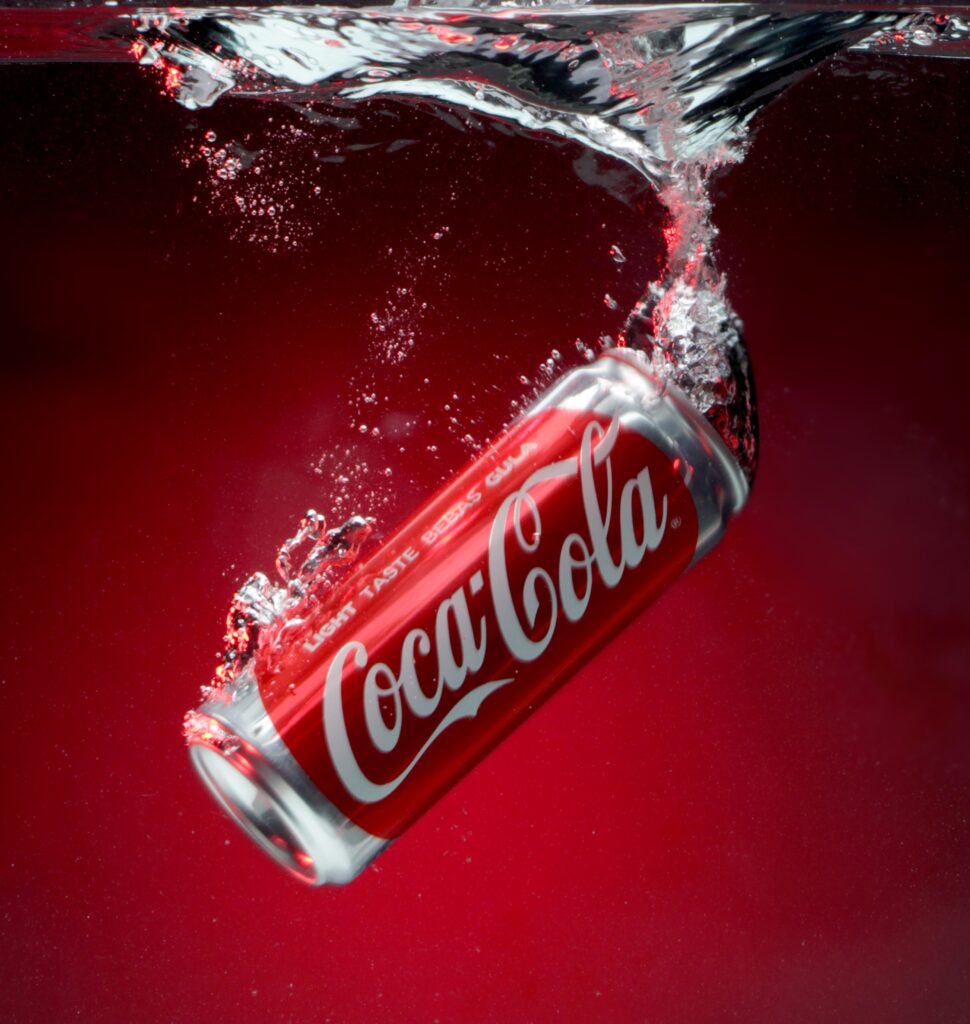Coca-Cola may rely more on plastic bottles if aluminum prices continue to rise. The company’s chief executive, James Quincey, warned that President Donald Trump’s new tariffs on steel and aluminum could make cans too expensive. If that happens, Coca-Cola could shift its packaging strategy.
The United States recently imposed a 25% tax on imported steel and aluminum. This decision affects many industries, including food and beverage companies that rely on cans. The cost of canned drinks could rise as a result.
Tariffs and Coca-Cola’s Response
Coca-Cola has used more aluminum cans in recent years. The company promoted them as a more sustainable option compared to plastic bottles. Aluminum is easier to recycle and has a lower environmental impact over time.
However, rising aluminum costs may force Coca-Cola to reconsider. Quincey stated that the company could focus more on PET plastic bottles to keep prices stable. He explained, “If one packaging type increases in cost, we have alternatives to stay competitive. If aluminum cans become more expensive, we can focus more on PET [plastic] bottles.”
The shift could impact Coca-Cola’s sustainability goals. The company had previously aimed to use 50% recycled material in its packaging by 2030. But in December, it lowered that target to 35% to 40% by 2035.
For six consecutive years, environmental groups have named Coca-Cola the world’s “top plastic polluter.” The company pledged to cut plastic use and invest in more recyclable materials. However, if aluminum becomes too expensive, it may have no choice but to use more plastic.
The Bigger Picture: Aluminum and Tariffs
Quincey downplayed the tariffs’ effect on Coca-Cola’s overall business. He noted that packaging is only a small portion of total expenses. However, the company had intentionally increased its use of aluminum cans in recent years for marketing and environmental reasons.
Aluminum cans are more recyclable than plastic bottles. They are also viewed as a greener option. While they cost more to produce, they offer long-term environmental benefits. Many beverage companies, including Coca-Cola, have promoted cans as a way to reduce plastic waste.
The United States Geological Survey reports that nearly half of the aluminum used in the U.S. comes from imports. A 25% tax on these imports will likely drive can prices even higher. Companies that rely on aluminum may have to raise prices or find alternatives.
In 2018, when Trump first introduced steel tariffs, some can-makers received exemptions. This time, however, Trump has stated that there will be no exclusions for any products or countries.
The Environmental Impact of More Plastic Bottles
If Coca-Cola moves away from aluminum cans, environmentalists fear more plastic waste. Plastic pollution is already a major issue worldwide. Many countries, including the U.S., have taken steps to reduce plastic waste.
Former President Joe Biden introduced policies to limit plastic use. One of these efforts involved replacing plastic straws with paper ones in government buildings. However, Trump recently revoked that policy, allowing plastic straws to return.
Plastic bottles contribute significantly to pollution. They take hundreds of years to break down and often end up in oceans and landfills. While Coca-Cola has pledged to increase recycling, shifting back to plastic could worsen the problem.
The Future of Coca-Cola’s Packaging
Coca-Cola faces a difficult decision. If aluminum becomes too expensive, the company must find an alternative. Increasing plastic bottle use may help lower costs, but it could hurt Coca-Cola’s environmental reputation.
The company has invested in research to create more sustainable plastic. Some efforts focus on biodegradable bottles or improved recycling methods. However, widespread adoption of these solutions may take years.
For now, Coca-Cola must balance affordability with sustainability. Consumers may also play a role in this decision. If they push for more environmentally friendly packaging, Coca-Cola may try to avoid shifting back to plastic.
The impact of Trump’s tariffs on Coca-Cola and other beverage companies remains to be seen. But one thing is clear: packaging decisions are not just about cost. They also affect the environment, public perception, and corporate responsibility.
For more updates on how economic policies affect businesses, visit New York Mirror.


